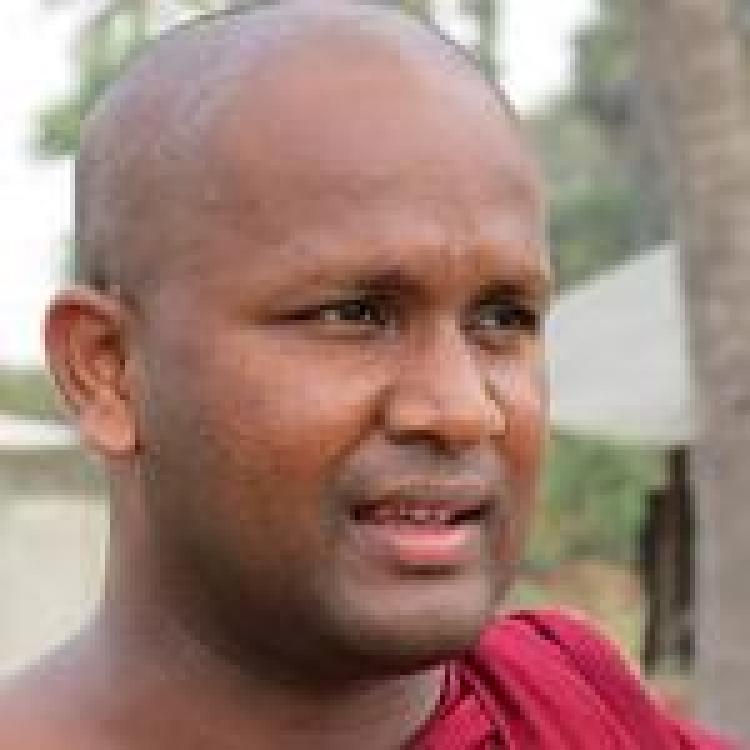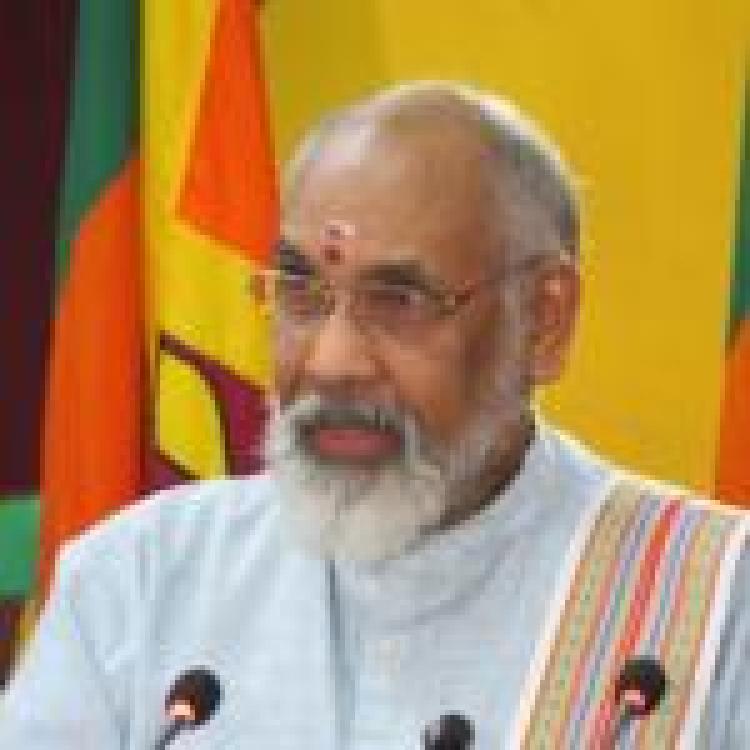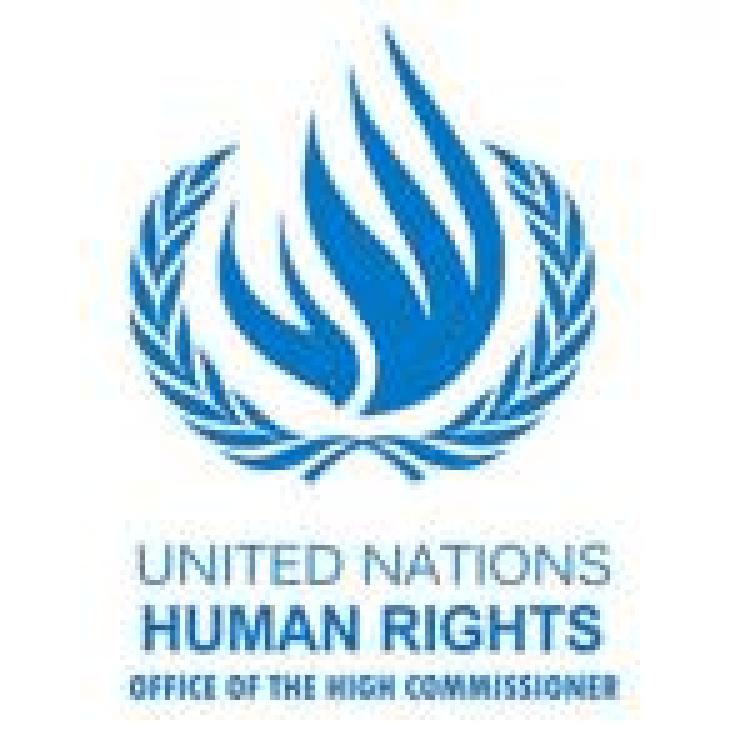Lawyer, human rights advocate and former Commissioner of the Human Rights Commission of Sri Lanka, Ambika Satkunanathan, questioned the basis for the presidential pardon of Sunil Rathnayake and the legitimacy of the process, using the case to underline the challenges Tamil families’ face in holding perpetrators accountable and obtain justice.
Sri Lanka’s president Gotabaya Rajapaksa pardoned sergeant Sunil Rathnayake, who was sentenced to death for killing eight Tamil Internally Displaced People (IDPs) in Mirusuvil, Jaffna on December 2000.
Despite being found guilty by the Colombo High Court in June 2015, and having his sentence upheld by the country’s highest judicial Supreme court in April 2019 with a compelling witness testimony and evidence, Rathnayake was given an unwarranted pardon.
The sanctioning of presidential pardons have been reserved for situations where the convicted person has been unfairly or wrongly convicted and a process following the Article 34 (1) of the Constitution needs to carried out. Historically, presidential pardons have been granted by the executive in an “arbitrary and non-transparent manner” and instead “special pardons should be standardized,” argued Satkunanathan.
The process should be ‘transparent’ and should be disclosed to the public if this process was followed for Rathnayake’s case. “This is particularly important since Rathnayake was released less than a year after his sentence was upheld by the Supreme Court, which renders any rehabilitation within such a short period improbable,” added Satkunanathan.
Satkunanathan questions the impartiality of the Sri Lanka justice system, identifying the privileges held by those in governance and the discrimination faced by “vulnerable” minority groups in Sri Lanka.
This can be highlighted by Rathnayake’s wife thanking both President Rajapaksa for his ‘promise’ to give Rathnayake a pardon and state officials, with the latter having no legal authority to influence the presidential pardon, stated Satkunanathan.
Minority groups in Sri Lanka, namely Tamils, “are unable to exercise and enjoy their rights, which exposes them to potential further violations and restricts their ability to seek justice for the violations they experience.” Satkunanathan explains the victims of the Mirusuvil massacre were no different as they faced “economic and physical insecurities” that positioned them in a position where they were vulnerable to violence.
Satkunanathan stressed that there has been a lack of public outrage caused by the pardoning, despite the lack of transparency and validity in the process of the pardon. She asks whether Tamils lives are “worthy of being mourned” and added that the victims of the massacre were labelled as “terrorists merely by the fact they lived in the North or because they were Tamil.”
By shifting the blame onto the Mirusuvil victims by casting them as terrorists, it gives the notion they are “someone not deserving of empathy nor of being mourned” and justifies the crimes of Rathnayake as a “heroic act.”
Satkunanathan expressed her concern at the measures implemented by the governments to restrict civil rights and free speech – “particularly speech that challenges or critiques state action or inaction” - under the guise of stemming the pandemic.
However, she adds that free speech has been impacted by several factors such as various socio-economic and political elements but the ability to criticise the decisions of the executive and draw criticism, is dependent on a person’s identity (whether they are Tamil or not) and privilege. Despite the fear of reprisals from speaking out, Satkunanathan has maintained the importance of challenging the states’ decisions as a means of “exercising one’s citizenship.”
His victims - which included children, amongst who was a five-year-old whose body showed signs of torture – were meticulously killed by him and a group of others. Rathnayake vehemently denied involvement in the murders in his Dock Statement and showed no remorse for his actions, making it a greater injustice that such a pardon was allowed.
The court has concluded that it was “highly improbable if not impossible for a single person to commit all these acts” and it was indicative of a premeditated massacre. Rathnayake was the only one to be convicted for the crimes and to undo the little justice won adds to the “negligible action that has been taken by the state to prosecute those accused of human rights violations during the thirty-year internal armed conflict in Sri Lanka,” emphasised Satkunanathan.
“This is one of the rare instances of a perpetrator being made accountable, the pardon doesn’t serve the interests of justice, particularly in relation to holding those responsible for conflict-related violations accountable,” she added.




